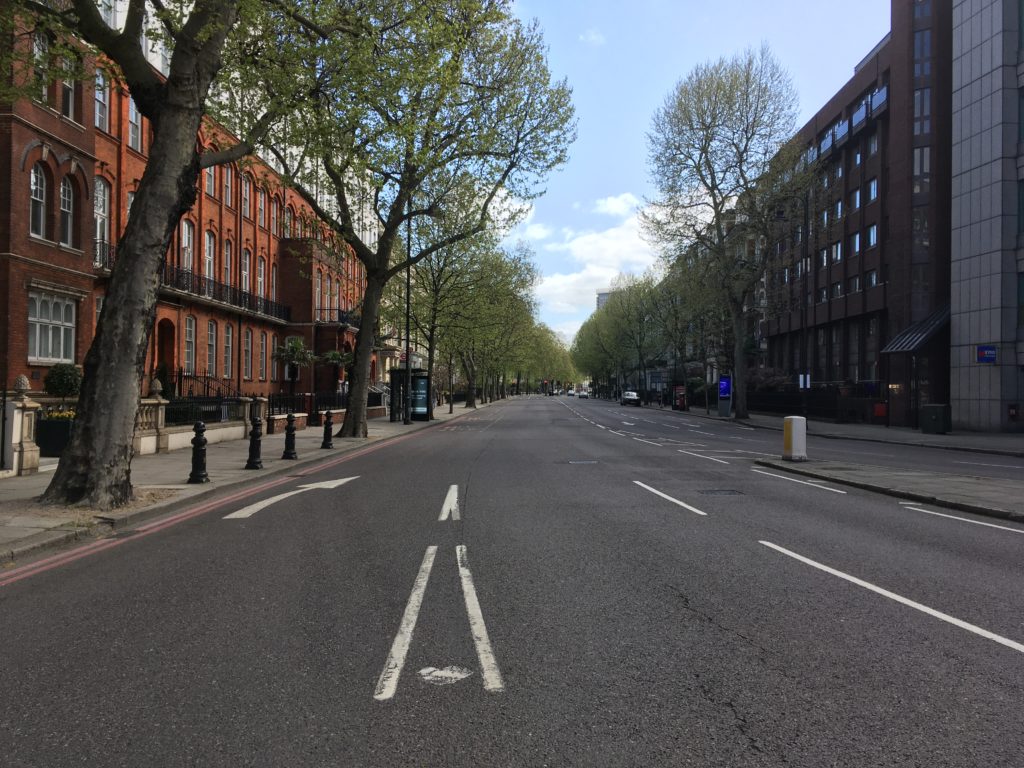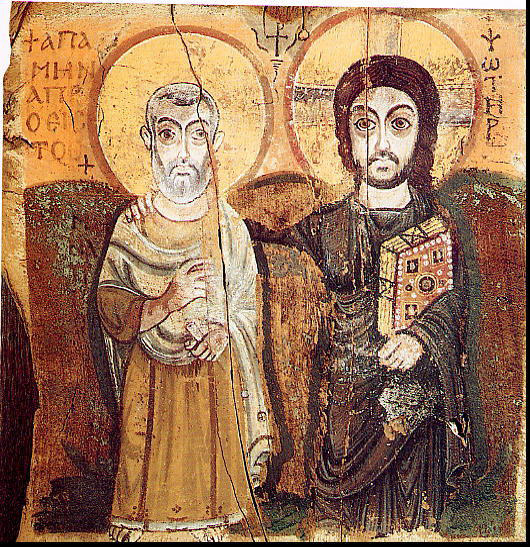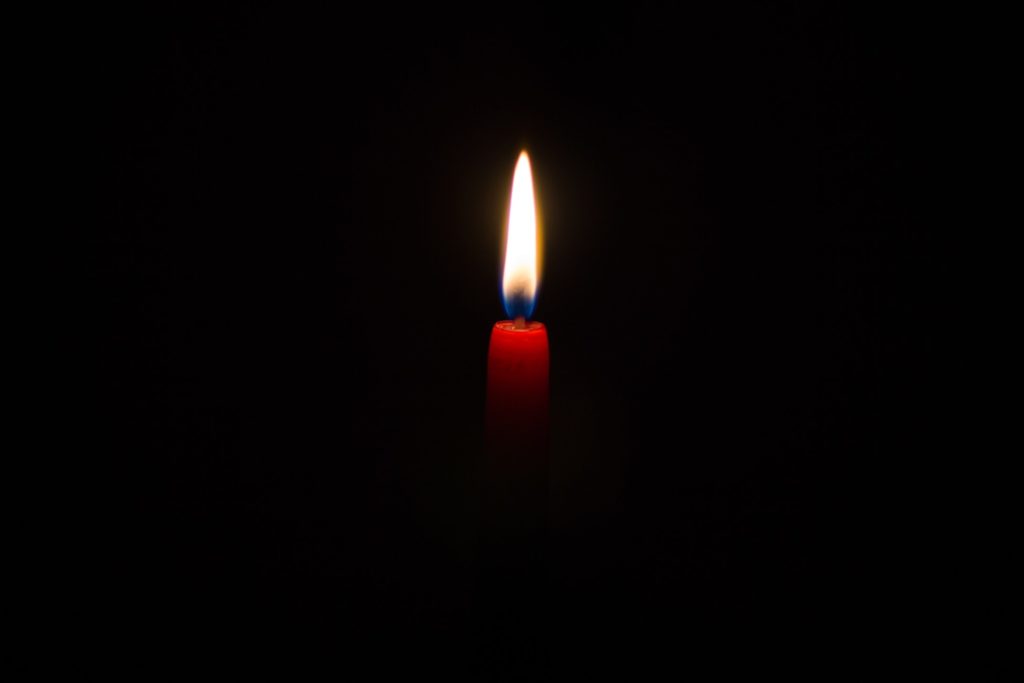BORIS’S BAD NEWS

On Monday 4th Boris announced we were all going into Tier 5 – effectively a lockdown – and ordered us all to stay at home. Up till then I had had quite a good lockdown, able to work on my laptop in my local Caffe Nero, and in the summer in our communal garden. I now assumed that all the churches would be shut as well. The affect on me was quite severe.
My mood lifted the following morning when I realised that churches would remain open for services and private prayer. They are a real important resource for my mental well-being.
When I sank briefly into a depression, I assumed that I would be effectively imprisoned in the (admittedly rather nice) walls of our flat. I also realised that this was the state of millions of my fellow citizens who have far less advantages than me: wife, financially security, beautiful flat, nearby food shops etc. So how could/should I/we react? What resources are open to us?
THE BAD NEWS BIBLE
Nothing is more irritating when you feel down than when people try to jolly you up. Or when they are just having a jolly time around you. Or when they try to make you feel better. That is why the Bible is such a great book when you are feeling down. There are whole books in the Old Testament talking about how terrible life is: Job, Lamentations, Ecclesiastes. Especially the Psalms. They may not leave you in the depths, though Psalm 88 certainly does, but they start with us there and invite us to rekindle hope in our hearts. Here are verses from three of my favourite psalms:
O God, you are my God, I seek you, my soul thirsts for you; my flesh faints for you, as in a dry and weary land where there is no water. (63.1)
Save me, O God, for the waters have come up to my neck. I sink in deep mire, where there is no foothold; I have come into deep waters, and the flood sweeps over me. I am weary with my crying; my throat is parched. My eyes grow dim with waiting for my God. (69.1-3)
I waited patiently for the Lord; he inclined to me and heard my cry. He drew me up from the desolate pit, out of the miry bog, and set my feet upon a rock, making my steps secure. (40.1-2)

WAITING
The last quote gives the clue to what the Bible recommends in situations like lockdown. The advice is not to rejoice (though there is that too), nor to have faith (ditto). No, the advice is to wait.
Wait for the Lord; be strong, and let your heart take courage; wait for the Lord! (27.14)
I wait for the Lord, my soul waits, and in his word I hope; my soul waits for the Lord more than watchmen for the morning, more than watchmen for the morning. (130.5)
But how do we change waiting from something that is just passive and depressing?
USING A MANTRA AS PRAYER
Around 385 a young monk John Cassian went with a friend to the desert monks of Egypt, particularly to visit one father who was respected as someone who prayed constantly. When John asked him his secret, the reply was the constant repetition of the verse from Psalm 70.1, which is still used at the start of the Church’s regular weekday prayers:

O God, make speed to save me. O Lord, make haste to help me!
The idea is to repeat a prayer, perhaps in time with one’s breathing, so that it becomes a constant companion and sinks into one’s subconscious. I set the words to a simple chant we can sing to ourselves. It is my ‘Discovering Psalms as Prayer’ (bibleinbrief.org or Amazon).
A prayer that’d is used like this in all the Orthodox churches and wider is the ‘Jesus Prayer’, using the prayer of the penitent tax-collector in Jesus’ parable in Luke 18.13: O Lord Jesus Christ, Son of God, have mercy on me, a sinner
A prayer I sometime use is to name the three dimensions of God that Christians call the Trinity: Abba Father, Jesus Lord, Spirit of God, have mercy on me.
There are of of course similar prayers or mantras in other faiths:
‘Allahu Akhbar’ – God is great (Islam), ‘Hé Ram’ (O God), Mahatma Ghandi’s dying words.
Whatever you use, it can turn isolation into something companionable.
A FLICKERING LIGHT

When we feel depressed or disorientated or down, there is one simple exercise we can do. Light a candle, sit comfortably, and watch the flickering flame for five minutes. There is something magic about it. I remember taking school assemblies when I was a vicar. When I had a prayer at the end, I lit a candle and the whole hall stilled. It’s an easy way into meditation. And I think it can help bring us some serenity even in the midst of this necessary but lamentable lockdown.
